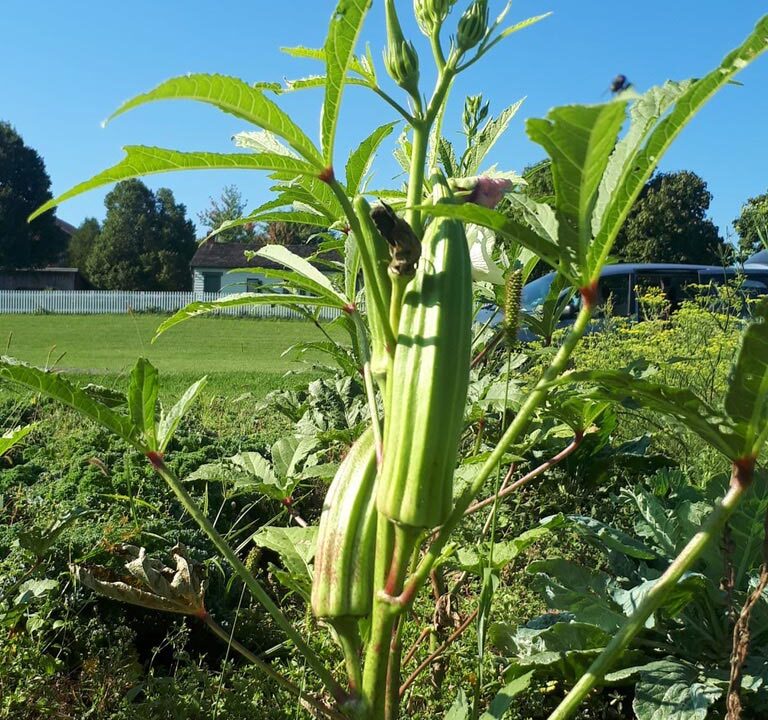Three Chronic Dis-Eases That Strike The People of Afrikan Descendants (PAD) In Canada And Globally

Ital Istyle
February 28, 2022
The International Decade For The People Of African Descent (Idpad) And Other Un Documents Recommendation
March 6, 2022Diabetes/high blood sugar: Impact a significant number of PAD in the GTA, research shows. This diagnosis often leads to insulin dependence or metformin a widely prescribed treatment for type 2 diabetes. If you or someone you know have diabetes, have you ever considered, what is the cause?
Both medical and natural science describe diabetes as the pancreas’s inability to produce insulin or as a pancreatic malfunction however, both have different ways of treating the disease. While medical science treats the symptoms, natural medicine treats the cause. Pancreatic malfunction manifest in one of two ways: diabetes which is high blood sugar, or hypoglycemia which is low blood sugar. Both can be treated wholistically by working on the cause.
A diet for diabetes should consist of fresh fruits, tender greens, and vegetables in season or from the garden, preferably raw or cooked at low heat for two to five minutes. Vegetables can include celery, endives, cabbage, parsley, artichoke, asparagus, broccoli, cauliflower, green beans, lettuce, eggplant, and peppers while fruits can include, berries, citrus, apples, bananas, etc.
Arthritis is inflammation of the joints: the term is used to describe 200 conditions that affect joints, the tissues that surround the joint, and other connective tissue. Research from natural medicine report it is caused by acids and waste matter in the body, which eventually become solidified and lock the joint. They lead to a toxic condition of the body aggravated by an improper diet of foods like, eggs, bread, milk, meat, salt, sugar which contribute to the calcification of toxins in the body.
There are many topical treatments available for arthritis as well as medication to treat the symptoms. We recommend you treat the cause by starting with a deep internal cleanse and a radical change to your diet and lifestyle.
The late Dr. Anderson recommends cleaning the bowel and detoxifying the body by clearing the bloodstream to allow a powerful flow of healthy blood flowing through the body to deliver nourishment to the area and remove toxic waste. He recommends using good blood-purifying tea, high in organic copper, such as Burdock Root, Ephedra (Brigham Tea), and Chaparral, add six to ten drops of tincture of Lobelia to each cup of tea, he advises.
Hypertension is also known as high blood pressure (HBP), is a condition in which the blood pressure in the arteries is persistently elevated. It can lead to health complications and increase the risk of heart disease, stroke, and death. It is a prevalent condition in the PAD community and an increasing number of people are prescribed medication to control their blood pressure.
Research by Reddy and Katan (2014) shows that trans-fats and saturated fats, poor diet, obesity, lack of exercise, and stress are associated with an increased risk of dis-ease. While frequent intake of fruits and vegetables, exercise, and lower stress levels are protective against the condition.
According to the late Dr. Sebi hypertension can be controlled by finding out what are the underlying causes, eating an alkaline and plant-based diet from the foods identified on Dr. Sebi’s nutrition guide, drinking a gallon of natural spring water per day and decreasing your sodium intake, regardless of the type of salt you choose to use.
References:
Diet, nutrition and the prevention of hypertension and cardiovascular diseases K Srinath Reddy1, and Martijn B Katan2, Public Health Nutrition: 7(1A), 167–186 DOI: 10.1079/PHN2003587
The Complete Writings of Dr. John R. Christopher. https://online.snh.cc/files/2100/HTML/index.htm
Herbs_Dr_Christopher_2003




